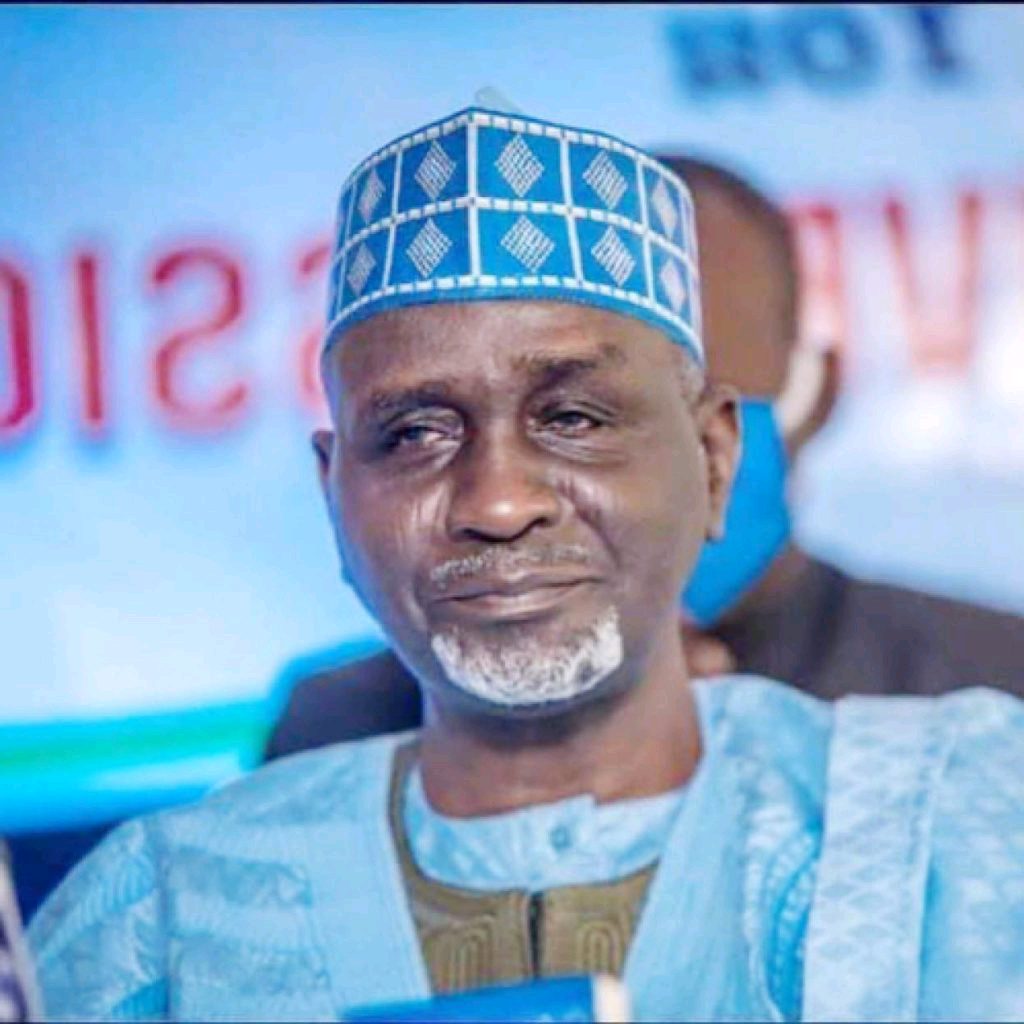Former Kano State Governor and Chairman of the League of Northern Democrats (LND), Malam Ibrahim Shekarau, has downplayed the recent coalition of opposition figures, stating that it lacks the necessary political structure to challenge the ruling All Progressives Congress (APC) in the 2027 elections.
In a statement issued on Friday, Shekarau described the coalition as an informal gathering of presidential aspirants rather than a well-organized political merger.
Opposition Coalition Lacks PDP, LP Backing

Shekarau noted that the coalition does not have the endorsement of major opposition parties, particularly the Peoples Democratic Party (PDP) and the Labour Party (LP).
“The coming together of some senior members of opposition parties is a welcome development, as seen recently under what they call a ‘coalition’ of opposition parties. But unfortunately, most people do not realize that this so-called coalition has nothing to do with the major opposition parties—PDP and LP,” he stated.
According to him, the coalition is being driven by individuals rather than established political structures, making it unlikely to pose a serious threat to the APC’s dominance.
He contrasted the situation with the 2013 merger that led to the formation of the APC, which involved the unification of four registered parties—the All Nigeria Peoples Party (ANPP), the Action Congress of Nigeria (ACN), the Congress for Progressive Change (CPC), and a faction of the All Progressives Grand Alliance (APGA).
Opposition’s Weakness Exposed in Rivers State Crisis
Shekarau also cited the recent passage of the controversial State of Emergency law for Rivers State in the National Assembly as evidence of the coalition’s lack of influence over opposition lawmakers.
“What happened at the National Assembly on March 20, 2025, regarding the ‘State of Emergency’ in Rivers State has exposed the so-called coalition. It is clear they have no control over opposition lawmakers in the National Assembly,” he said.
He argued that if the coalition leaders had real influence, the APC government would not have secured the required votes for the law’s passage.
Lessons from Failed 2019 Opposition Merger
Drawing from history, Shekarau pointed to the failure of a similar coalition attempt in 2019, which brought together ten political parties against the APC but collapsed due to a lack of inclusiveness.
“The 2019 ‘coalition’ was formally launched almost a year before the elections at the Yar’Adua Center, yet none of the then-elected PDP leaders was in attendance. No amount of noise-making or informal alliances by individual politicians in the name of opposition will have any impact in elections unless the full leadership structure of opposition parties at all levels is involved,” he warned.
Opposition Must Take Responsibility for Its Weakness
Shekarau dismissed claims that APC’s strategy of poaching opposition members is solely responsible for the opposition’s weakness, insisting that opposition leaders must take responsibility for strengthening their parties.
“The simplistic claim that the APC is poaching and destabilizing opposition parties is, to me, naïve. Why are the so-called ‘big names’ in the opposition unable to resist defection? Why don’t they unite to properly fund and build their parties while mobilizing grassroots support?” he questioned.
Path to 2027: Opposition Still Has a Chanc
Despite his criticisms, Shekarau maintained that the opposition still has a chance to reorganize itself before the 2027 elections if it focuses on genuine unity and strategic planning.
“It is still not too late. I believe that with the right vision, mission, and focus, combined with a genuine sense of purpose, the opposition can change its narrative in 2025 and position itself for success in the 2027 elections,” he added.
Support InfoStride News' Credible Journalism: Only credible journalism can guarantee a fair, accountable and transparent society, including democracy and government. It involves a lot of efforts and money. We need your support. Click here to Donate
